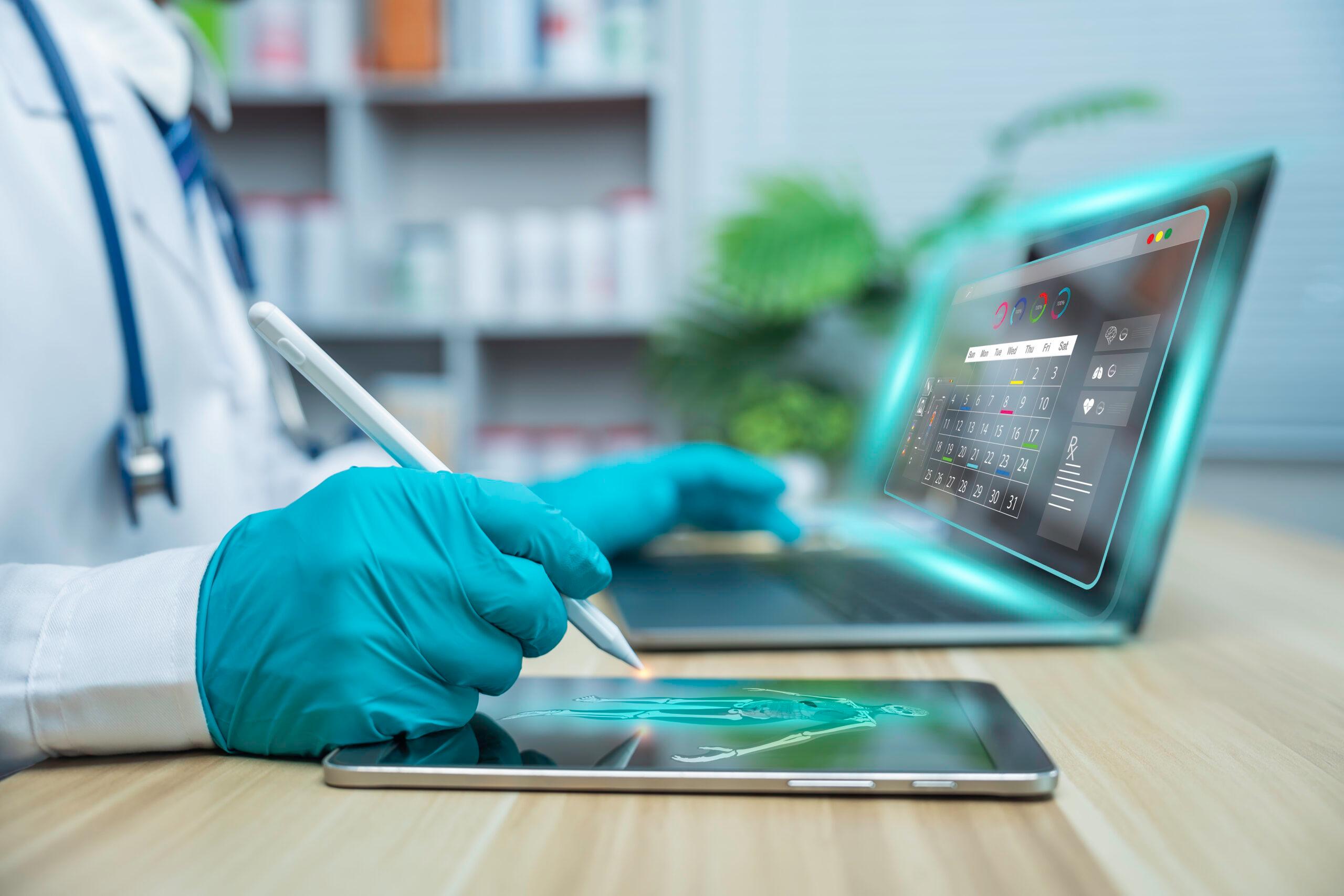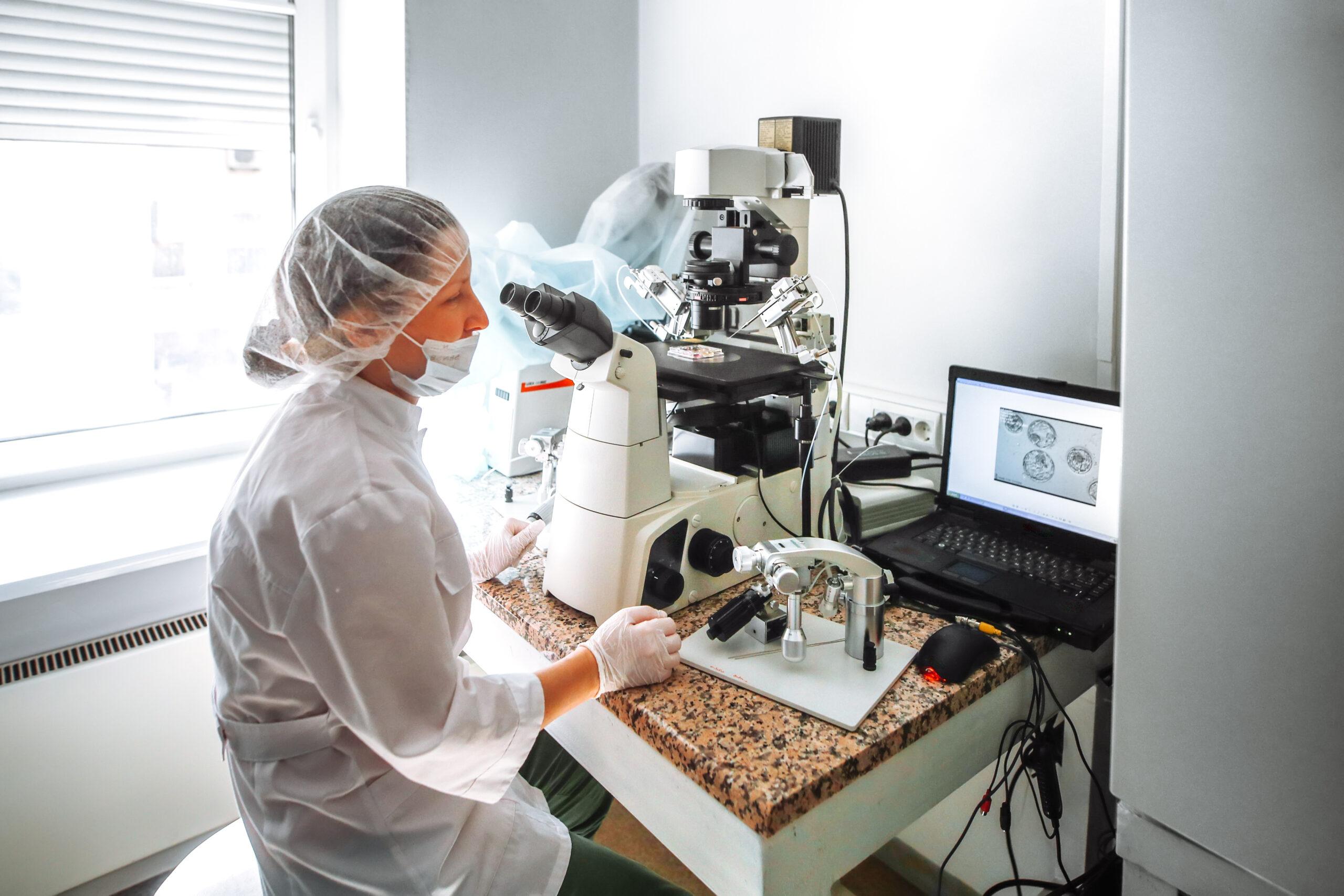Hosts
About the episode
I’ve had the privilege of talking to many brilliant people about artificial intelligence. And when you ask them to imagine the most beneficial consequences of this technology, they almost always give the same answer: medicine. The dream is dazzling. Superintelligent AI will cure stubborn diseases and disorders—cancer, schizophrenia, Alzheimer’s. It will diagnose all our illnesses, design new lifesaving drugs, accelerate clinical trials, and pair with wearables to fight chronic illness and extend our health spans. But which of these promises are realistic? Which are outlandish hype? And what, exactly, can AI do for us in medicine right now? To separate fact from fantasy, I talk with Lloyd Minor, dean of the Stanford University School of Medicine.
If you have questions, observations, or ideas for future episodes, email us at PlainEnglish@Spotify.com.
Links:
- https://www.newyorker.com/magazine/2025/09/29/if-ai-can-diagnose-patients-what-are-doctors-for
- https://www.worksinprogress.news/p/why-ai-isnt-replacing-radiologists?utm_source=substack&utm_medium=email
In the following excerpt, Derek outlines the four main talking points for how AI can be used in medicine, and then he and Lloyd B. Minor dive into AI’s application in disease diagnosis.
Derek Thompson: I’m really grateful you’re here. There are so many wild claims flying around about what artificial intelligence will be able to do for us in medicine: It will diagnose all our diseases. It will help us design new lifesaving drugs. It’ll accelerate clinical trials so we can test every drug that we invent faster and cheaper. And it will join with wearables to fight chronic illness and extend our health spans. These are incredibly dramatic claims for technology that is still in its infancy. And what I want to do with you in our brief time together is interrogate each of these claims very directly and narrowly to understand: What can this technology actually do for us right now? The future’s a foreign country. If AI cures every cancer in 2031, I will report in 2031 that AI has cured every cancer, but it hasn’t done that, so I don’t want to get ahead of our skis. Does that sound OK as a general landscape of the show for you?
Lloyd B. Minor: It sounds great, Derek.
Thompson: All right. So four claims that I just outlined and that I want to scrutinize in greater detail. Claim number one: AI will help us diagnose disease more efficiently in a way that will save lives and money. And to give a little bit of context from my understanding of this space, in the last few years, we’ve gotten studies from MIT, Harvard, Stanford, and other schools that have repeatedly found that ChatGPT doesn’t just equal doctors at diagnosing several illnesses; it beats doctors, including sometimes doctors who work with AI to diagnose diseases. Just this year, Microsoft released a paper that found that its technology “solved” more than 80 percent of case studies, which was about four times more than the human doctors that it surveyed. Now that’s a Microsoft study. They’re of course going to say that their technology is four times better than humans, but that’s the context. Is this effect real? Do you think AI is already a better diagnostician than most human doctors today? And what would be the significance of that?
Minor: Well, Derek, I think first of all, at the broad level—and you outlined four very exciting topics that we’re going to cover in our conversation today—I’m reminded, at the beginning of our conversation, of the statement attributed to many that we tend to overestimate what we can accomplish in the short term and underestimate what we can accomplish in the long term. And I think perhaps we’re seeing some of that play out today as we deploy AI in all aspects of life, but in particular what we’re talking about today: AI in the application to health, health care, and discovery science, life sciences. Now, on the first topic of “How is AI impacting today, AI impacting the diagnosis of diseases and the selection of the correct treatment for diseases, and in general, how do we identify the right patient for the right therapy at the right time?,” I’m reminded of—I’m probably best known in my field, which is the way the inner ear balance system works, and in the field of otology and neurotology, because I described an inner ear disorder in 1998, developed a surgical procedure to fix it. For many, many years after those first papers were published, in which I and my colleagues described the syndrome and then had a bunch of follow-up studies, still most of the patients coming to see me diagnosed themselves from doing a Google search at the time. And there was a lot of concern when the internet first came widely available, and people were talking about Dr. Google and how Dr. Google is going to get us in trouble.
And for sure there are examples of that. But the fact is, I think if you look on balance, and before we talk about the AI era, just the value of search, search has really democratized access to medical information, and I think has helped many, many people and many, many physicians. Fast-forward now to AI and everything that I think search has enabled us to do and improving access to information and then applying that information to diagnostic situations, I think we’re seeing the effects of AI and taking that to a whole new level. Is it going to eliminate the role of a physician diagnostician in the near future? No, I don’t think so. But just in the short years—ChatGPT was introduced in November 2022—just in the relatively short period of time, less than three years since its introduction, we’ve already seen evolution of the models. We’ve seen fewer hallucinations, and we’ve seen more accurate, focused information coming back for them.
So today, I think many physicians are using large language models to assist in diagnoses. What we’ve done here at Stanford, and many of our colleagues at other institutions have done the same, is that we’ve in-licensed models so that we can actually put elements of the medical record into a large language model but in a secure, closed environment so that there’s no breach of patient privacy. But in order for physicians to get information back on a series of rare findings in a patient, and how do you fit all those together? And in particular, when you’re selecting a therapy and you’re selecting a medication, and maybe you don’t know what the probability of an adverse reaction to that medication is in that patient, because that individual patient has a constellation of medical findings that isn’t necessarily readily apparent in the knowledge base of the physician or in the medical record.
This excerpt has been edited and condensed.
Host: Derek Thompson
Guest: Lloyd Minor
Producer: Devon Baroldi
More Plain English Episodes on Health







